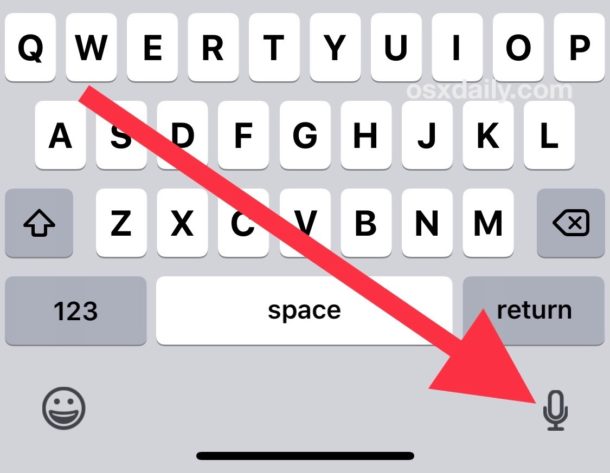Japanese have the lowest English speaking skills in the world, based on those that took the TOEFL test. However, oral skills are becoming more and more important for Japanese, as the country continues to globalize. Speaking ability is becoming increasingly valued by Japanese companies; some require meetings to take place in English and others are increasingly requiring job applicants to take oral tests, like the TOEIC Speaking & Writing test. Of course, speaking in English is also necessary to travel the world, study abroad, and to make international friends. Are your oral skills good enough?
The best way to improve your speaking is to find opportunities to speak & interact:
- Speak up and participate actively in class! Don’t waste your chance by worrying too much about how you sound or making mistakes. Focus on communicating your opinions and sharing your stories. English speakers tend to value people with good ideas and interesting stories over quiet people hesitant to speak. The more you speak, the more fluent you will become.
- Try to befriend exchange students! If you can make friendship with exchange students, you can really improve! Of course, make your friendship mutual, not based on practicing your English. They also may want to practice using Japanese or to learn Japanese culture.
Conversation hints
- Be ready to introduce a topic that would be good to discuss (the person’s life? sports? travel? music? school life?, etc.). Follow sports, movies, tv, music, or news from English-speaking countries so you have something to discuss. (For talking to foreigners in Japan, Japanese topics may be good though.)
- Ask many questions. Many language learners don’t ask questions in conversations. This makes the conversation boring, and the other person may think you are not interested in them. Ask many questions, as long as they are not too personal or private.
- Have long answers (elaborate). Don’t just answer “yes” or “no." If you are asked your favorite sport, don't just answer “tennis”. Give extra information to develop the conversation. ("I play tennis. I’ve been playing since I was 10. Actually, I’m kind of sick of tennis, but my mom pressures me to continue!”)
Develop fluency by speaking online:
EnglishCentral: After watching a video, speak as much as you can use the Mimi AI Chat. (Free for Communicative English S&L students! Others can use it for free, but there is a time limit.)
Okadai English Padlet: Share your ideas with Okadai students! You can make videos (showing or hiding your face), and only Okadai members of this group can see.
About How to Use Join Access (if you've already joined)
Speak to AI using the phone's mic: Most AI will not speak back, but you can speak to most AI sites. If you are using a smartphone, click the mic instead of typing. Talk about your day or your interests. Read the response and write more.


Claude (心理学研究によると、Claudeは複雑な社会的状況を理解する能力が最も優れたAIとされています。そのため、良い会話相手となることができます。また、ユーザー情報は記録されません。利用には無料の登録が必要です。もちろん、Claudeも他のAIと同様に間違えることがあります。回答は必ず確認してください。)
Practice your pronunciation & intonation:
1. EnglishCentral: After watching a video, practice speaking each line on the and get feedback on your pronunciation and intonation. (Free for Communicative English S&L students! Others can use it for free, but there is a time limit.)
2. ELSA: An AI-powered app to improve your pronunciation with feedback, instruction, and practice.
3. Speak & Improve by Cambridge: Speak with an AI bot and get a score. Try to improve your score.
4. VoiceTube have shadowing activities.
5. Practice dictation: Go to Google Translate or this website. Speak into a mic. Does the site recognize your pronunciation and dictate correctly? Flipgrid also has automatic transcription. After you make a video, click CC and play the video. Words the were not transcribed correctly may be mispronounced. Go to Oxford dictionary to hear the pronunciation of the word you mispronounced.
6. Repeating words & avoiding katakana English: Try practicing this set of loan words and avoid katakana English ("salad", not "salada"). You can practice the pronunciation of other key words from the Okadai Quizlet page. On each page, scroll down and click the mic icon🔊. Practice repeating.
5. Practice dictation: Go to Google Translate or this website. Speak into a mic. Does the site recognize your pronunciation and dictate correctly? Flipgrid also has automatic transcription. After you make a video, click CC and play the video. Words the were not transcribed correctly may be mispronounced. Go to Oxford dictionary to hear the pronunciation of the word you mispronounced.
6. Repeating words & avoiding katakana English: Try practicing this set of loan words and avoid katakana English ("salad", not "salada"). You can practice the pronunciation of other key words from the Okadai Quizlet page. On each page, scroll down and click the mic icon🔊. Practice repeating.
6. Hear your script or specific words pronounced:
- If you are practicing for a presentation, you may want to hear how your script sounds. TTSReader is one site where you can here text spoken. Write or paste your text, choose the type of English you want, and press play. Practice repeating.
7. Pronunciation resources:
たった24語で通じる英語を手に入れる発音トレーニング (ソフトカバー、 DVD & CD付)
